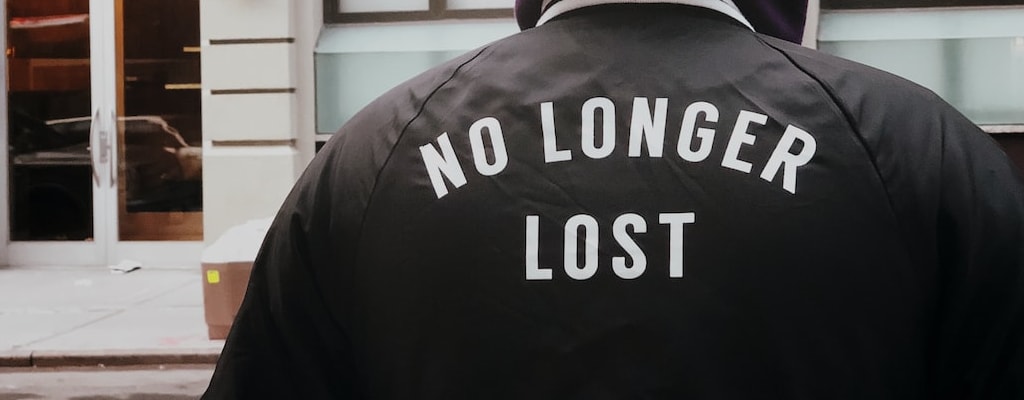bust chops: Idiom Meaning and Origin
What does ‘bust chops’ mean?
The idiom "bust chops" means to tease or criticize someone, often playfully or in a joking manner.

Idiom Explorer
The idiom "get the chop" means to be fired or dismissed from a job or position.
The idiom "flap one's gums" means to talk incessantly or to speak aimlessly without saying anything of substance. It implies that the person is talking too much without making any meaningful contribution to the conversation. This idiom is often used in a negative or dismissive manner, suggesting that the person is wasting time or just indulging in empty chatter.
The idiom "cut up" means to behave in a silly or playful manner, often to make others laugh or entertain them. It can also refer to the act of criticizing or mocking someone in a lighthearted way.
The idiom "cut to pieces" means to criticize or attack someone or something severely and mercilessly.
The idiom "come to blows" means to engage in a physical fight or altercation.
The idiom "clip it" means to cut or shorten something, typically in a quick and efficient manner.
The idiomatic phrase "chopped liver" is often used to convey a feeling of being insignificant, unimportant, or ignored in comparison to someone or something else.
The idiom "chip up" means to become more lively, positive, or cheerful. It is often used to describe someone who is feeling down or depressed and starts to improve their mood or attitude.
The Dark Revealed
The idiom "bust one's chops" is a related expression to "bust chops." It means to criticize or nag someone relentlessly, often in a joking or sarcastic manner. When someone says they are going to "bust one's chops," they are essentially indicating their intention to tease or poke fun at someone in a light-hearted way, using constant criticism or nagging remarks.
The idiom "bust on" is also related to "bust chops." It means to mock, tease, or make fun of someone, often by pointing out their flaws or mistakes. When someone says they are going to "bust on" someone, they are essentially indicating their intention to playfully ridicule or tease that person, typically in a friendly and humorous manner.
The combination of "bust" and "chops" in the idiom "bust chops" creates a playful and humorous image of someone's verbal skills being shattered or broken. When someone says they are going to "bust chops," they are essentially indicating their intention to mock or tease someone in a light-hearted manner, often through clever and sarcastic remarks.
The idiom "bust one's chops" adds a layer of intensity to the teasing or mocking. It implies a relentless and continuous act of criticizing or nagging, as if the person's chops are constantly being smashed or broken. This idiom is often used among friends or colleagues who have a close and familiar relationship, as the teasing nature of the idiom can be better understood and appreciated in such contexts.
The idiom "bust on" is similar to "bust chops" in that it involves playful ridicule or teasing. However, "bust on" focuses more on pointing out someone's flaws or mistakes, rather than the overall mocking of their verbal skills. This idiom is also commonly used among friends or close acquaintances who share a certain level of familiarity and understanding.
When using these idioms, it is important to consider the appropriateness of the situation and the relationship with the person being addressed. While they may be used in a light-hearted and friendly manner, they can also be misinterpreted or offensive to some individuals. It is essential to gauge the appropriateness of using these idioms based on the dynamics of the relationship and the comfort level of the people involved.
The idiom "bust chops" is a playful and light-hearted expression used to describe the act of teasing or mocking someone in a humorous way. It originated in American English and has become a part of informal conversations, particularly in the Northeast and Midwest regions of the United States. When saying "bust one's chops," it intensifies the teasing or mocking by implying relentless criticism or nagging. On the other hand, "bust on" focuses more on playfully pointing out someone's flaws or mistakes. While these idioms can add a fun and witty element to conversations among friends or colleagues, they should be used with sensitivity and consideration for others.
Example usage
Examples of how the idiom *bust chops* can be used in a sentence:
- My boss loves to bust my chops when I make a mistake.
- We were just having a friendly conversation, but then he started busting my chops about my favorite sports team.
- Don't take it personally, he's always busting everyone's chops, it's just his way of joking around.
More "Slang" idioms



